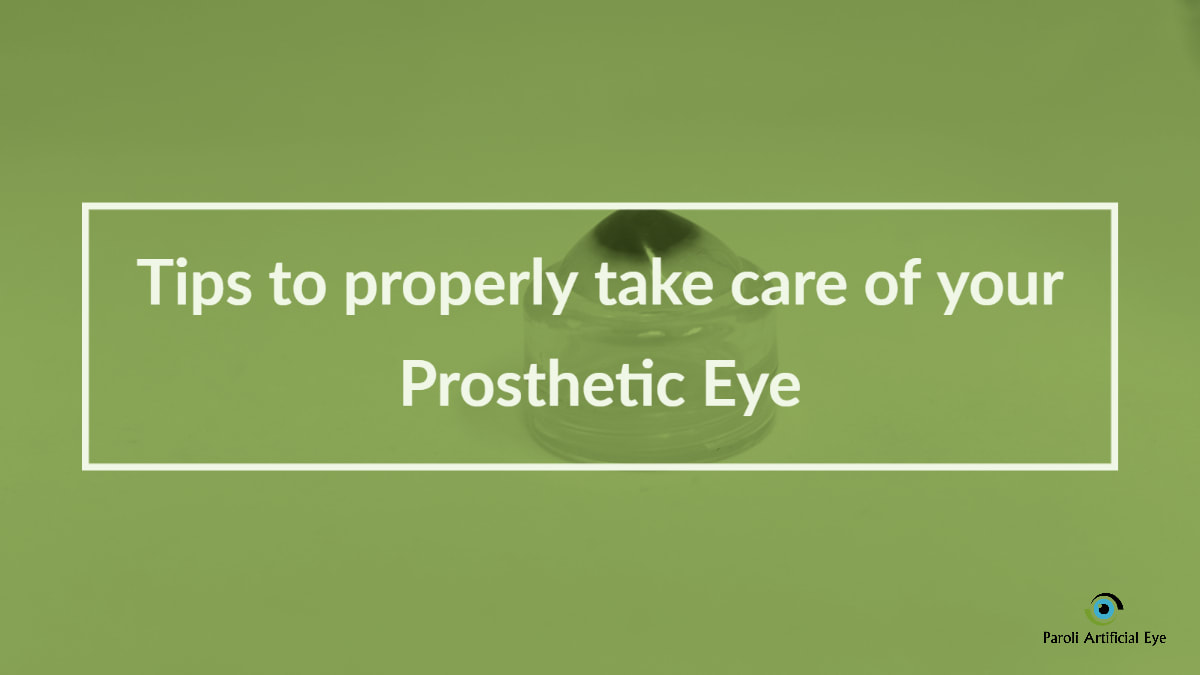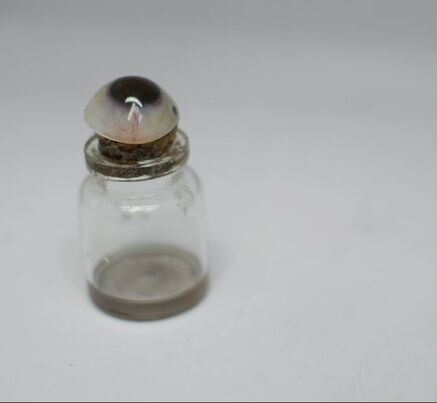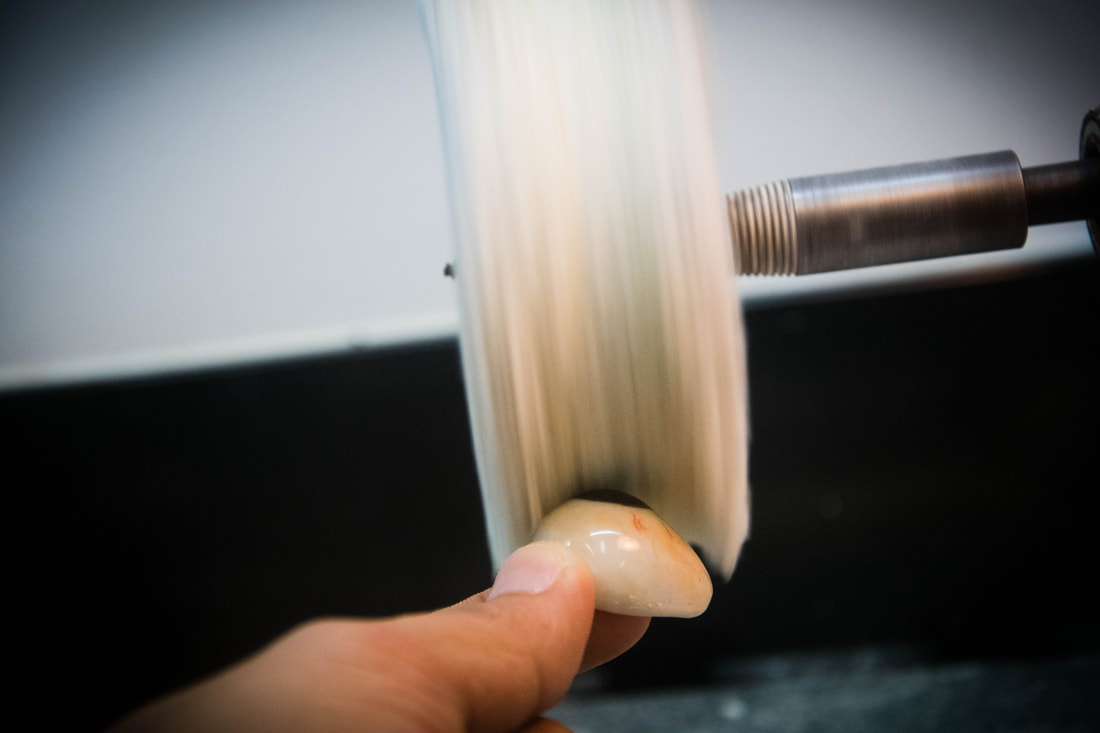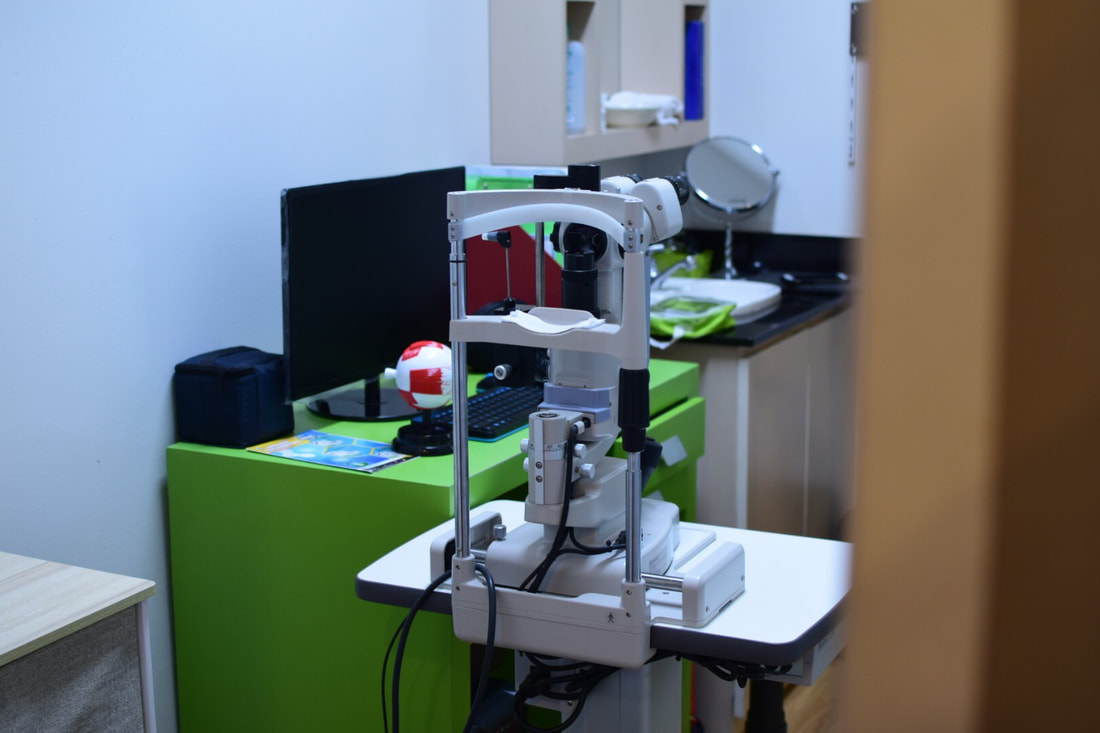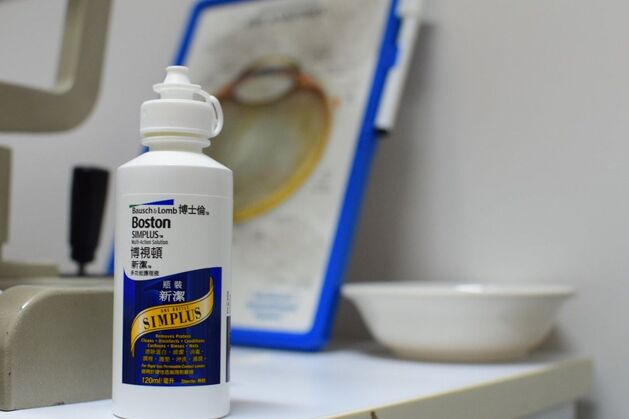5 Do's and Don'ts when taking care of your Prosthetic Eyes
Caring for your prosthetic eyes is very important. This will ensure proper hygiene and a longer life for them. If you are wearing one, here are some of the Do’s and Don’ts that will be very easy for you to remember:
Do's:
1. Do an annual Checking and Polishing.
The first question here is: When to polish the prosthesis? Of course, like any other materials and paraphernalia, prosthetic eyes also need to be checked and polished. Make sure that you have your eye checked and polished at least once a year. This is to keep it in the very best condition. It is recommended that whoever ocularist who made your prosthetic eye will also be the one to check and polish it regularly. If not, at least someone who is recommended by the same doctor. Why? Because they know how it was manufactured and how to maintain them. They know better the necessary polishing compound to be used for your greatest comfort. Several things must be considered by the one who will be checking and polishing it. The technician must cautiously polish it that it will not change the contours of the eye. This may result in a poor fit if not done properly. Also, the one who will do it should have an understanding of the great importance of the shapes of the prosthesis. These can only be achieved in a systematic and proper methodology.
2. Do a regular checkup of your good eye.
It is also of great importance to have a regular check-up, not only of the prosthetic eye but also of the good eye. Make sure that you visit your ophthalmologist and check your good eye regularly or at least once a year. It is essential that a person wearing prosthetics to have a perfect and healthy good eye. Your vision is dependent on that. You must be conscious if you are still perfectly comfortable and your eye still looks fine. Check for appearances and consult someone if you need some extra checking on it.
3. Do proper wiping and rubbing
Sometimes rubbing and wiping the prosthetic eyes or its surroundings is needed. However, it needs extra effort or there’s a special way to do it. You should rub your eye with the lid closed towards your nose. If your eye troubles you and that it needs to be wiped or rubbed, always close your eyelids and wipe toward your nose. Be cautious because wiping away from your nose can often cause the prosthetic eye to fall out.
4. Do extra care when undergoing other medical procedures or surgery
It is inevitable that sometimes a person wearing a prosthetic eye will also undergo some other medical procedures or surgeries. Make sure that you remove your prosthetic eye before having any surgery. You must know that anesthetics can damage the surface of the plastic. This will result in a more expensive reprocessing, or worst, a replacement with a new prosthetic eye.
5. Do extreme cleanliness
It is very vital that a person wearing prosthetic eye practices extra cleanliness. This should be done especially in handling the artificial eye. If it happens that your prosthetic eye fall out of its place, be sure to rinse and clean it thoroughly and wash it with soap and clean water before putting it back.
Here are the things that you should not do in taking care of your prosthetic eye:
1. Don’t leave it anywhere
To prevent accidental disposal, never leave your prosthetic eye anywhere or putting it in a piece of facial tissue. Several individuals left this way their prosthetic eye for just a few minutes have been picked up by someone else and thrown away. And worst, some have been burned together with some garbage. This means asking again an ocularist for a replacement that would require more expenses.
2. Don't forget to wear a protective patch or goggles when swimming/diving
It is very important that if you are wearing artificial eye and you love swimming, diving or other water activities, make sure that you either wear a protective patch or some protective goggles. If not, better remove the prosthetic eye and just store it in a safe place. Numerous eyes have been misplaced during these activities than in any other way. Also, driving a motorcycle or other activities that may bring you to cold weather, dry weather and wind will likely make prosthetic eyes uncomfortable. That is why some lubrication eye drops should always be ready. It may reduce or get rid of the discomfort.
3. Don’t expose to solvents
Make sure that you keep away you prosthetic eye from any kind of solvents. Don’t ever expose the prosthetic eye in any way to any kind of alcohol, hair sprays, chloroform, or any other solvents. These can definitely damage the plastic that is beyond repair. It will just cost you another expense.
4. Don’t forget to wear protective glasses
Always remember to wear your protective glasses from the time you are done washing and cleaning your face in the morning until you go to bed every night. Many times, on your least expected moment, some flying objects could fly at your remaining eye and sometimes could irritate it. Don’t forget, you no longer have any spare eye, so better protect the remaining one that you have.
5. Don’t forget to clean it regularly
Cleaning your prosthetic eye is very vital. But make sure you are doing it right. Don’t ever use rough linen. Instead, use gauze or soft tissue soaked in cooled boiled water. This is helpful to clean away any discharge on the eyelids or eyelashes. Don’t use scented soap, just the mild one in washing the prosthetic eye. However, make sure that you don’t scratch or drop it while rubbing the eye gently with your fingers. Don’t forget to rinse it thoroughly with sterilized water and removing all the soap off. If not, it will irritate your eye socket once you put it back. And finally, never use chemical cleaners, disinfectant or detergent soaps in cleaning it. It will destroy permanently the surface of the eye.
Only use solutions or cleaning agents recommended by your Doctor or Ocularist.
Only use solutions or cleaning agents recommended by your Doctor or Ocularist.
For more information about Artificial Eyes contact us HERE
References:
Jefferson, A. B. (n.d.). Prosthetic Eye Care Do's and Dont's. Retrieved April 23, 2019, from https://carolinaeyeprosthetics.com/prosthetic-eye-dos-donts/
The National Artificial Eye Service. (n.d.). Artificial Eye Care. Retrieved from https://www.naes.nhs.uk/eye-care/artificial-eye-care/

Dr Mark Paroli is a Licensed Doctor of Optometry in the Philippines who has special interest in Prosthetic Eye fitting, Low Vision Rehabilitation, Hard and Soft Contact Lens. He has been fitting custom made Artificial eyes in the Philippines for more than ten years.
[email protected]
[email protected]

